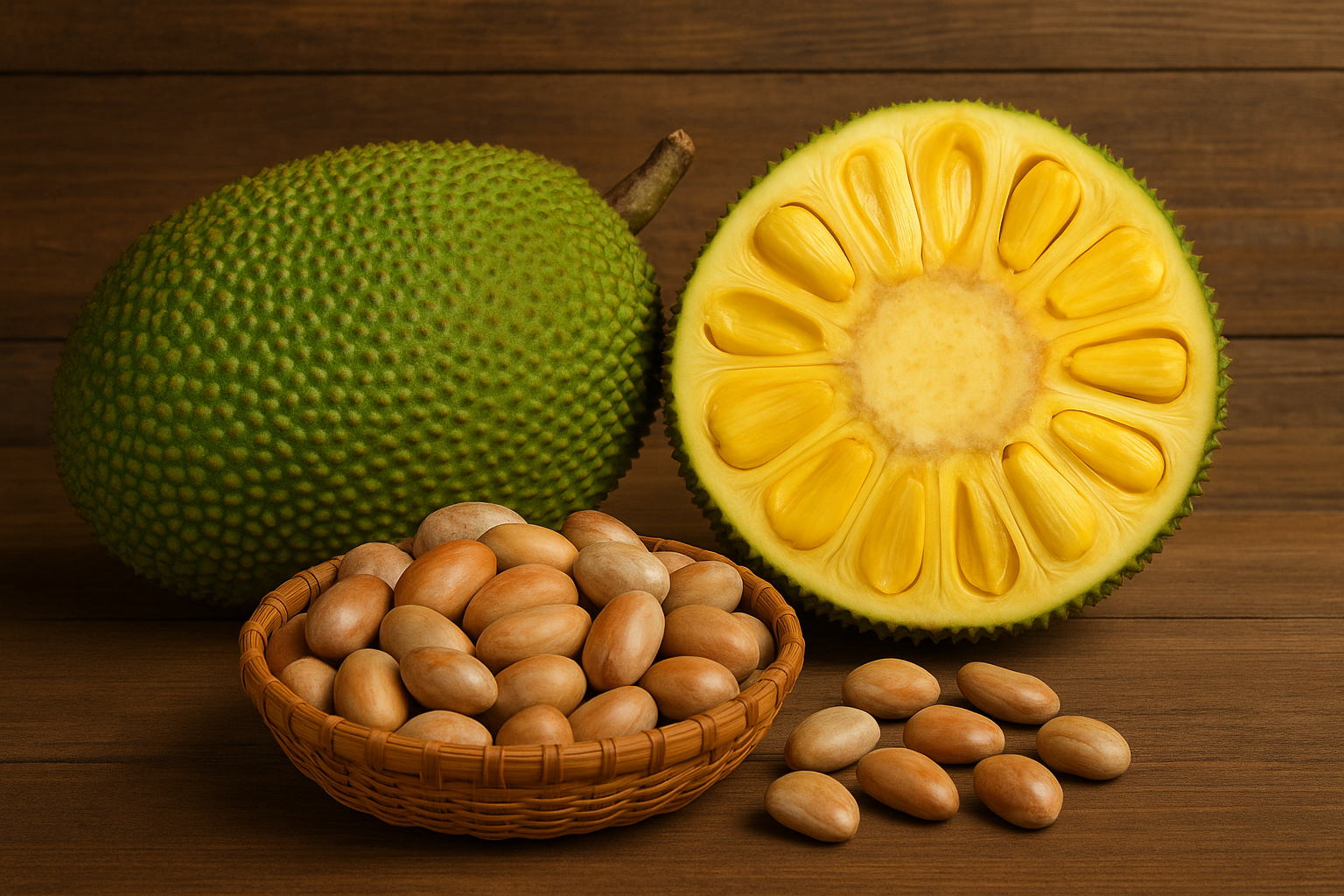Jackfruit is a tropical fruit that is gaining attention for its versatility and profitability. Once seen as waste, jackfruit seeds have become valuable due to their rich nutrients. They are now being transformed into plant protein, packaging, and even bioenergy. This shift supports nutrition and enhances rural economies.
Farmers can earn between Rs 59,500 to Rs 3 Lakhs per year from jackfruit cultivation. This fruit, scientifically known as Artocarpus heterophyllus, is mainly grown in tropical regions. To grow jackfruit successfully, farmers need to understand its uses and benefits. Jackfruit has a meat-like texture and is popular in various cuisines. It can be used in salads, desserts, and curries, making it a highly sought-after fruit.
To cultivate jackfruit, certain agro-practices are essential. Jackfruit thrives in deep, sandy loam to clay loam soils with a pH of 5 to 6.5. Good drainage and fertility are vital. Farmers should plant in sunny locations, facing south, and ensure they have enough sunlight. Jackfruit trees prefer warm temperatures ranging from 21 to 32 °C and can endure drought conditions to some extent.
Proper spacing is crucial as jackfruit trees can grow tall, reaching heights of up to 70 feet. Each tree should be spaced 20 to 30 feet apart to allow for sunlight and air circulation. Regular pruning is important to maintain tree health and promote better fruit production. Farmers should remove dead or damaged branches to encourage growth and improve sunlight absorption.
Watering is key for jackfruit trees. They need moist soil throughout the year, especially in dry periods. Farmers must avoid flooding, as it can harm the roots and affect fruit production. A balanced fertilizer program is also essential. After the second year, applying N:P:K in a 10-10-10 ratio every 6-8 weeks will help boost growth. Organic fertilizers like compost can improve soil fertility.
Jackfruit trees start producing fruit 3 to 5 years after planting. They yield around 200 fruits annually, and with the right practices, farmers can expect to harvest about 30 tonnes per acre. Despite the initial setup costs, the profits become significant after the first few years. By the seventh year, farmers can see a net profit of approximately Rs 492,000 annually.
Farmers should also be aware of pest management strategies. Jackfruit trees can attract pests like twig borers and fruit flies. Using natural pesticides such as neem oil and introducing beneficial insects can help control these pests. Monitoring for diseases is also important, with regular checks for signs of fungal issues.
In addition to cultivating jackfruit for its fruit, farmers can also utilize other parts of the tree for additional income. The seeds can be roasted or processed, and the wood can be used for construction or furniture. This multi-use potential makes jackfruit farming a promising venture.
Overall, jackfruit farming is a sustainable option that offers numerous benefits. It provides nutritious fruits, contributes to rural economies, and helps combat climate change by sequestering carbon. With proper care and management, farmers can enjoy a lucrative income from this versatile crop. As the demand for plant-based foods continues to rise, jackfruit’s popularity is only expected to grow, making it an excellent investment for the future.

